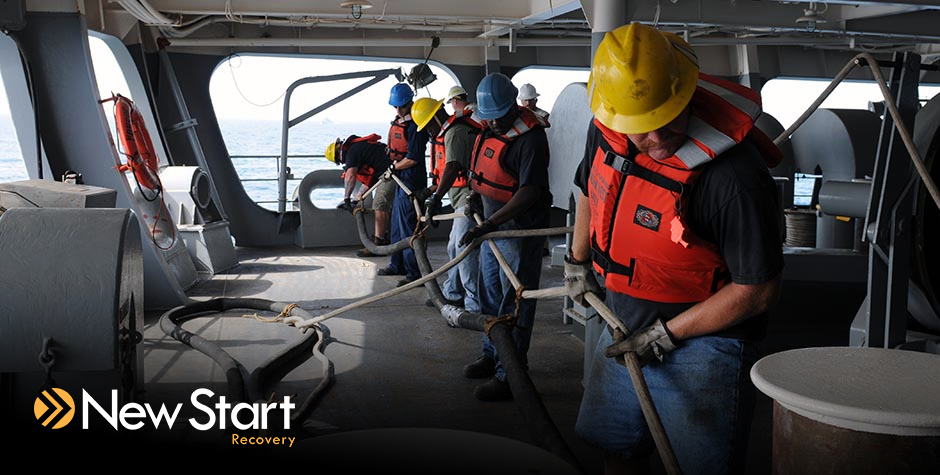Many people struggling with substance abuse are completely unaware that they qualify for up to 12 weeks of government-mandated protected time off from their jobs every year. Surprised? You’re not alone. Most employers don’t advertise that FMLA leave covers treatment as addressing a medical illness. Let’s take this moment to tip our hats to Bill Clinton, who passed these protections via the Family and Medical Leave Act in 1993 with the approval of Congress.
What is FMLA Leave?
The Family and Medical Leave Act, or FMLA, requires employers with 50 or more employees to provide up to 12 weeks’ time off with no repercussions. In other words, your employer can’t fire you if you take an extended leave for medical reasons. This is good news for those who are struggling with oft-stigmatized substance abuse problems. Since alcoholism and drug addiction are classified as medical illnesses by the US government, FMLA leave covers treatment as a way of addressing those illnesses. And don’t worry about coworkers catching wind of anything while you’re gone. FMLA fiercely protects medical privacy, so your employer legally can’t let anyone at your job know why you’re gone.
But there are a few caveats you should know about FMLA’s coverage requirements. Certain qualifications must be met first before your job is protected. Our addiction treatment counselors are available 24/7 for free consultations and information about how FMLA leave covers treatment: 714-455-3409
FMLA Leave Covers Treatment
The United States Department of Labor clearly states that FMLA leave covers treatment:
Treatment for substance abuse may be a serious health condition if the conditions for inpatient care and/or continuing treatment are met. Title 29 – Labor § 825.119
Curious about what those conditions are? We’ve made a breakdown for you.
- Treatment must be provided by a health care provider.
- Absence because of employee’s use of the substance (rather than for treatment) does not qualify for FMLA.
- Employees may use FMLA leave to care for a covered family member who is receiving treatment for substance abuse. For instance, if your husband, wife, son, daughter, mother, or father needs transportation to an outpatient program, your time off work is covered by FMLA.
Healthcare providers should be state-licensed and accredited by Joint Commission and CARF. To learn more about finding a reputable treatment center, call one of our treatment counselors today: 714-455-3409
We Take Care of the Paperwork
Getting help for addiction treatment is hard enough without having to sweat the logistics of FMLA leave. That’s why New Start takes care of it all for you. That includes talking to your company’s HR department, filing the proper paperwork, and verifying for any special requirements your employer may have. Our addiction treatment specialists are trained to handle this process with efficiency at no extra cost to you. For more details about how our counselors make the treatment process smooth for you, call us any time: 714-455-3409
Do I Qualify for FMLA?
The number one requirement for FMLA leave is that your employer has 50 or more employees. If a private employer has fewer than that, they are not required to provide FMLA leave. That said, it’s worth checking in with your HR department to ask anyway. Some companies are flexible, and some states have additional medical leave rules that may work in your favor.
But there are a few more requirements before ensuring that you qualify for FMLA.
- Employee’s medical condition prevents them from performing their job properly.
- Employee must care for immediate family member with a serious condition.
- Childcare needs for birth of a child or adoption/fostering.
- Some exigencies related to the military.
To determine whether you qualify for FMLA, call one of our addiction counselors today: 714-455-3409


